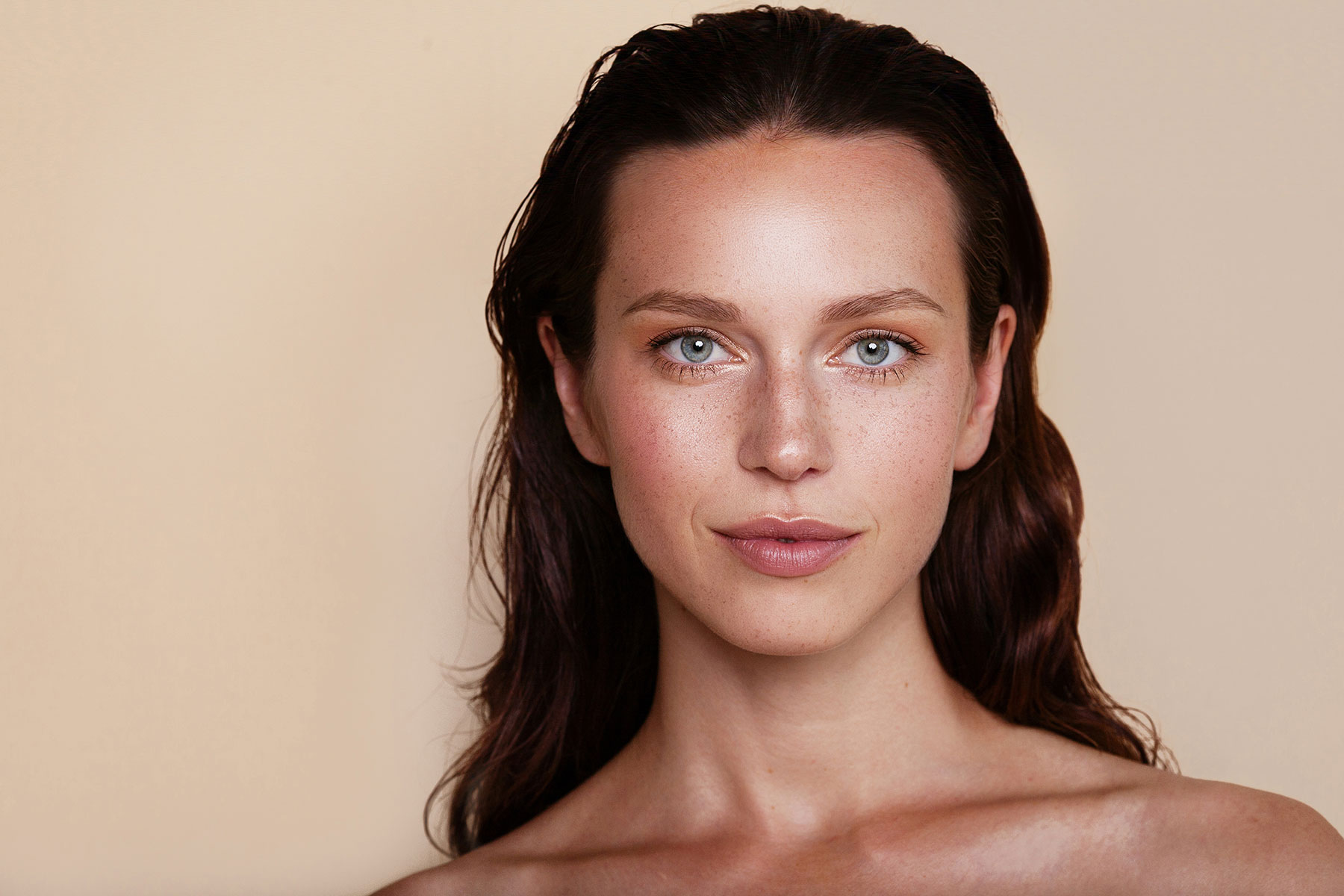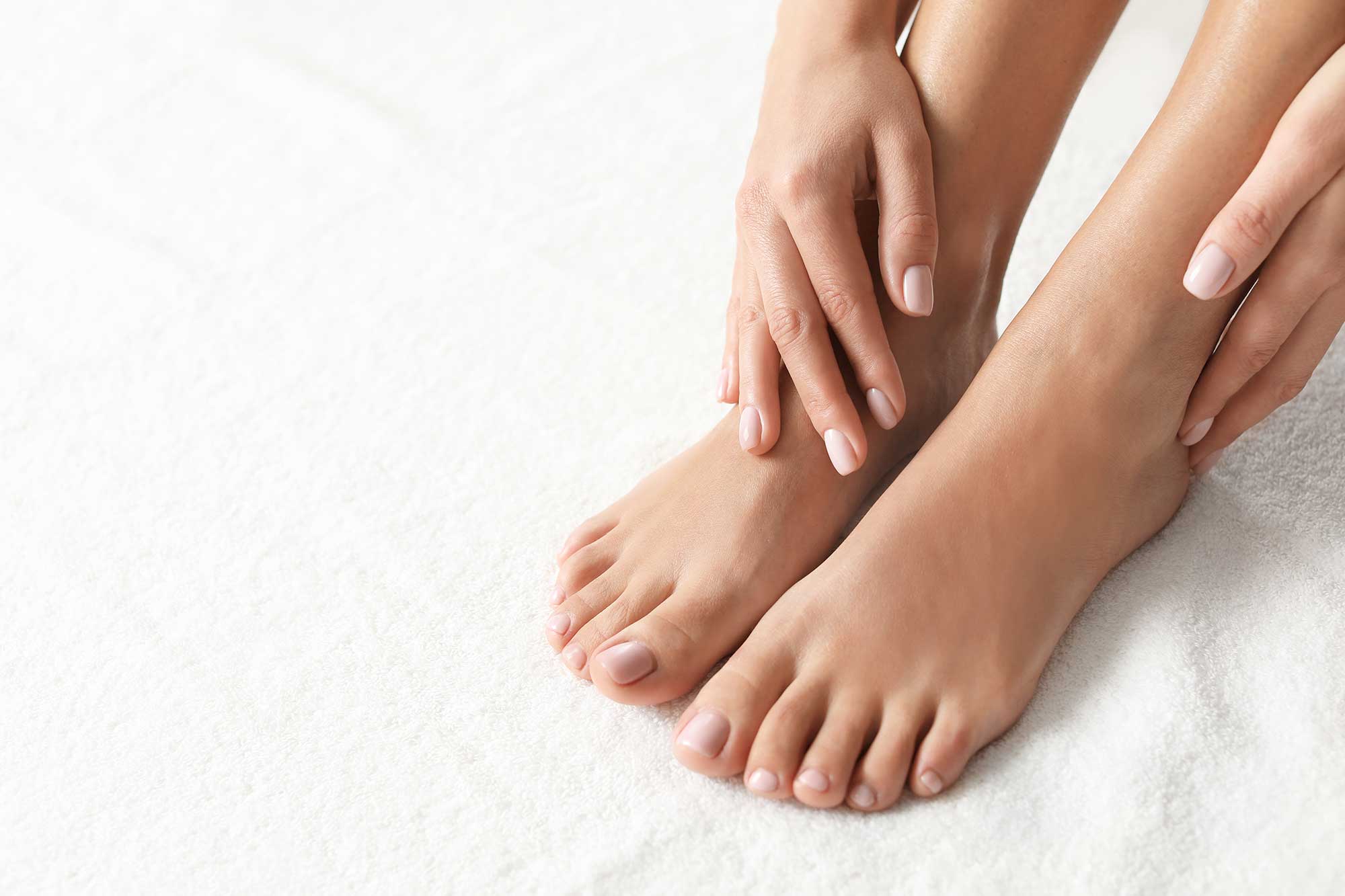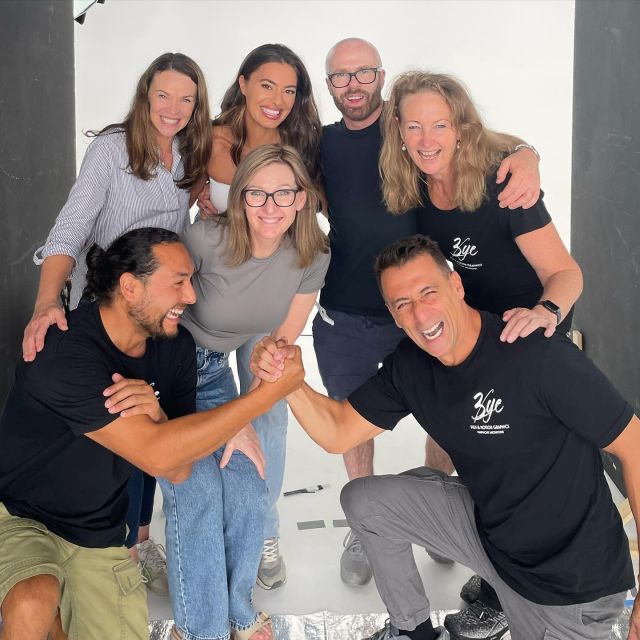The vegan diet has had a complete image overhaul in the past few years, from being a fringe phenomenon associated more with hippies and health conditions to being talking about by superstars like Beyonce as the key to their health, beautiful skin and incredible figures. More and more of us are now curious about the limits and practicalities of a vegan diet, which sees followers choose plant based foods and avoid meat, eggs and dairy products. But before you begin, there are a few things it’s useful to know if you’re considering taking the plunge:
Consider Your Protein Sources
Dieticians agree that every meal should contain protein. It’s one of the fundamental dietary building blocks, and essential for muscle growth and cell repair , but cutting out meats, eggs and protein-rich dairy sources like Greek yoghurt can mean it’s hard to come by for those following a vegan diet. Make sure you’ve identified meals you can make with other sources of protein, such as lentils, soy products, beans, quinoa and pea protein powder.
Get Some Supplements
Going vegan may be good for your health and the planet, but you need to also support your body in the transition with some supplements. Vitamin B12 only occurs naturally in animal food sources, so you’ll need a vegan friendly B12 supplement or some fortified foods to keep your nerve system, blood cells and mood stabilised, as low levels can affect all those things. The same goes for iron – although it can be found in foods such as spinach, there is still a catch. Iron actually comes in on two forms – heme and non-heme. Heme iron is more readily absorbed by the body, but is only found in animal protein. As vegans can only consume non-heme iron sources, they need to up their intake to get the benefit. Pair sunflower seeds, legumes, dark leafy greens like kale and bok choi and raisins with Vitamin C-rich foodstuffs such as citrus fruits, peppers and broccoli to aid iron absorption.
Avoid The Processed Food Trap
If you go vegan without preparing properly, you could find yourself falling into the trap of relying on non-nutritious processed foods like pasta, white bread, chips and potato waffles before you know it. These foods can be high in calories and miss out vitamins, minerals and protein. This in turn can affect your mood and energy levels, making you tired and hungry – a far cry from the healthy glow you were aiming for. Help yourself by learning a few quick and delicious vegan recipes and stocking up your store cupboard with essentials plus lots of herbs and spices.
Go Gradual
If you’re unsure if a vegan diet is really possible for you, why not take a gradual approach to begin with? Start by slowing cutting back on animal products and introducing a couple of days a week where you only eat plant-based foods. This gives you time to see how you feel about it and ease your transition into a fully vegan lifestyle.

















